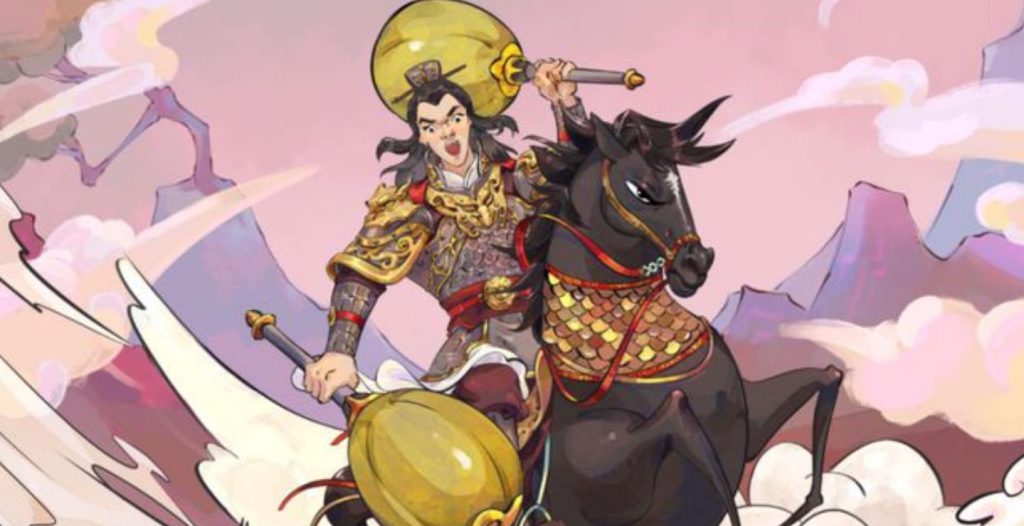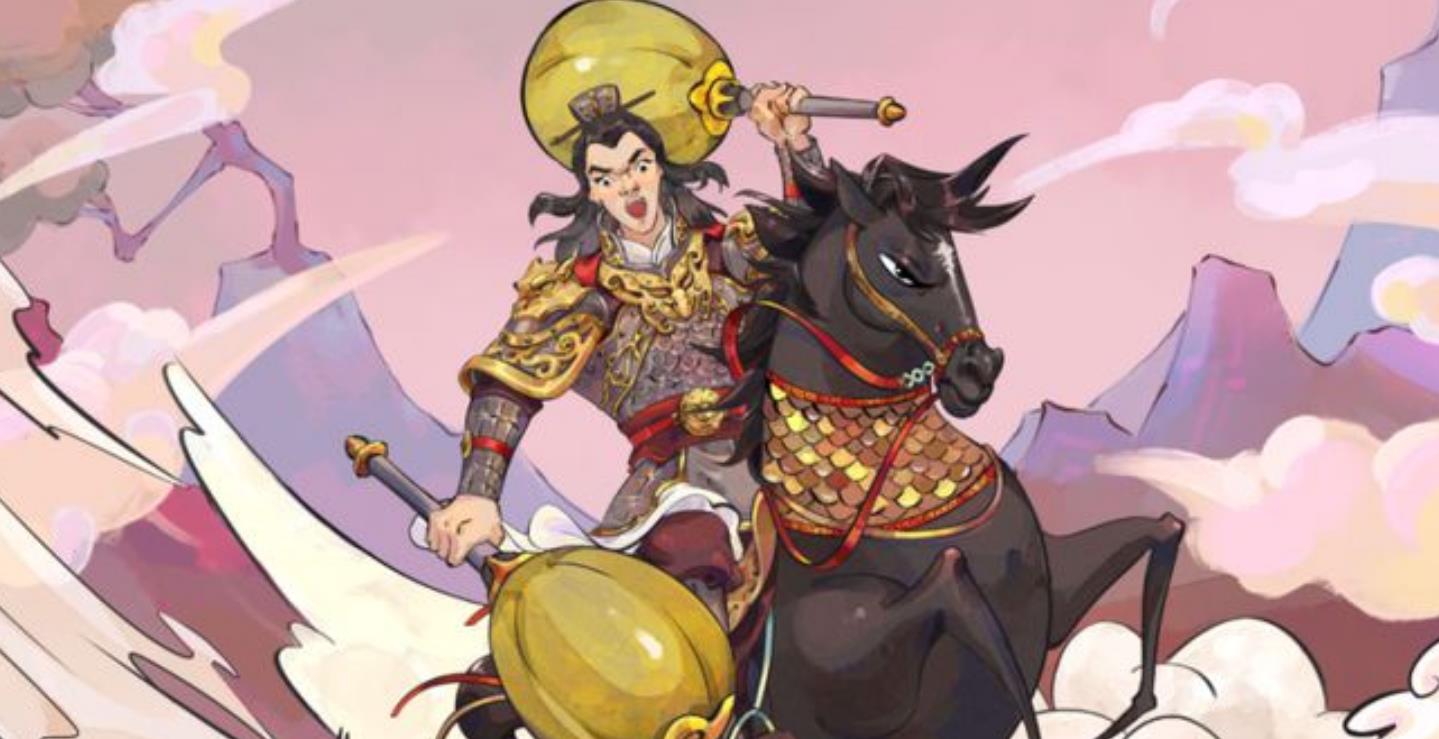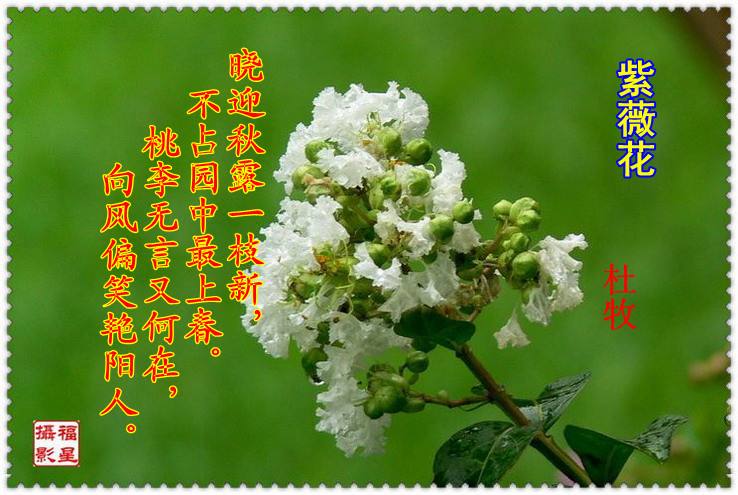Nie Yizhong, also known as Tanzhi, was born in the second year of Emperor Wen of Tang Dynasty’s Kaicheng reign. His exact year of death is unknown. He was a poet of the late Tang Dynasty and has not left any traces in history, but his poetry has earned a place in the Tang poetry world. Below, the history encyclopedia editor brings relevant content to share with you.

Nie Yizhong has not left many traces in history, and we can know very little about his life experiences; However, his poetry deeply exposed the cruel exploitation of the people by rulers and expressed deep sympathy for the suffering of farmers, so he was able to occupy a place in the Tang Dynasty poetry circle.
In the twelfth year of the Xiantong reign (871 AD), Nie Yi passed the imperial examination and became a jinshi, but was not granted any official position for a long time. The Biography of Tang Caizi “records:” At that time, there were many changes in the military, and there was no shortage of officials. The barbarians had been stranded in Chang’an for a long time, and the soap and fur had deteriorated. The yellow grain was like pearls, and they were finally appointed as the county magistrate of Huayin, whose official duties were only limited to playing the qin and writing books
In the chaotic era of the late Tang Dynasty, with constant wars, the court was in a state of great distress and could not even consider the selection of candidates for the imperial examination. Nie Yi’s long robe was so worn out, and coupled with the expensive food in Chang’an City, he fell into poverty and destitution. Later, after much effort, he finally received the appointment from the court and became a minor official like the Huayin County Captain. When Nie Yizhong took office, his attire was extremely simple, only a few books and a piano.

The Biography of Tang Dynasty Scholars “says of Nie Yizhong:” He was frugal in nature, covered his body with grass and marshes, prepared to experience the hardships of Xin Chu, and suffered many injuries from the actions of the common people. He mourned the difficulties of farming and cultivation. “After enduring hardships for a long time, he developed a habit of frugality and understood the hardships of life, so he could see the cruelty of the ruling class and the hardships of the people. He holds a lowly position and is unable to save the people from the fire and water, so he can only appeal to the people in poetry. His poetry mostly laments the customs of the times, laments the difficulties of farming, and the hardships of farmers, inheriting the Yuefu tradition since the Book of Songs. The Tang Dynasty’s Biography of Talented Scholars evaluates his poetry as follows: “The ancient Yuefu was still appropriate, with words of caution and caution, supplementing politics, enjoying music without debauchery, mourning without injury, and upholding the righteousness of the national style
Nie Yizhong’s representative works include “Ode to the Tian Family” (also known as “Hurting the Tian Family”):
Selling new silk in February and making new grain in May.
Treat the sores in front of the eyes, but gouge out the flesh in the heart.
I wish your heart would turn into a bright candle.
Not the Qiluo Banquet, only the Escape House.
Farmers’ lives are difficult, and as soon as they harvest the new silk and grain, they quickly sell it because they have to pay taxes, which is like cutting out the flesh of the heart to cure a sore in front of them. They work tirelessly all year round, yet still live in hunger and cold. So he shouted loudly, hoping that the king would pay more attention to the poor people.


